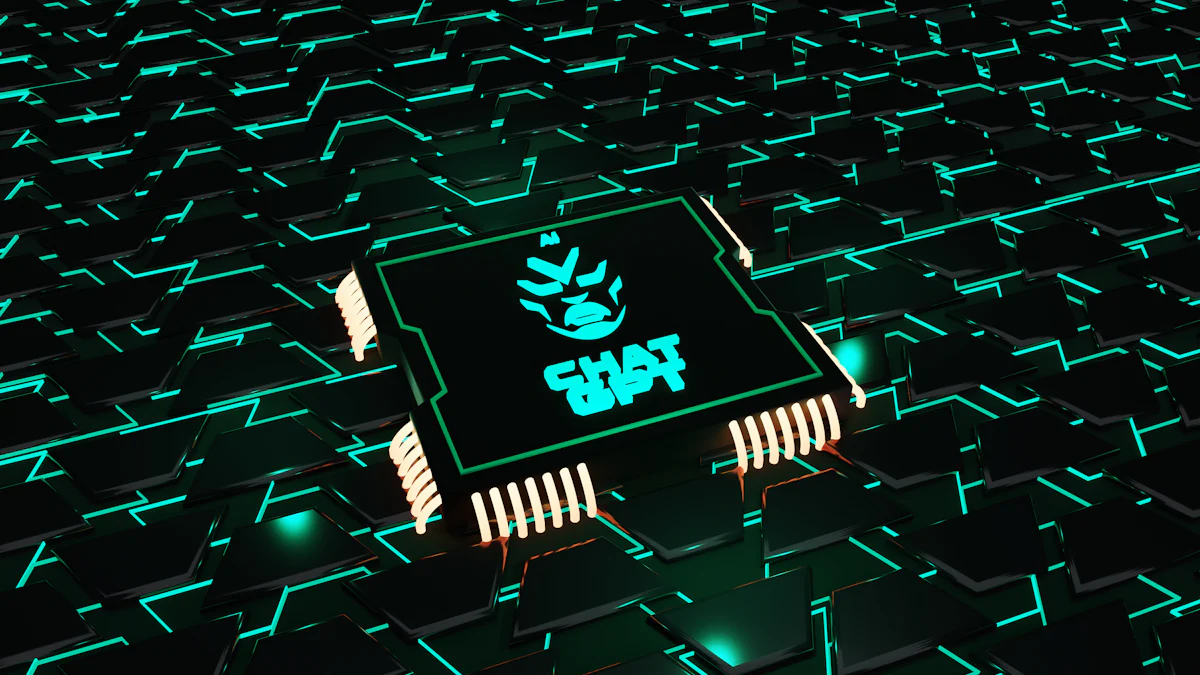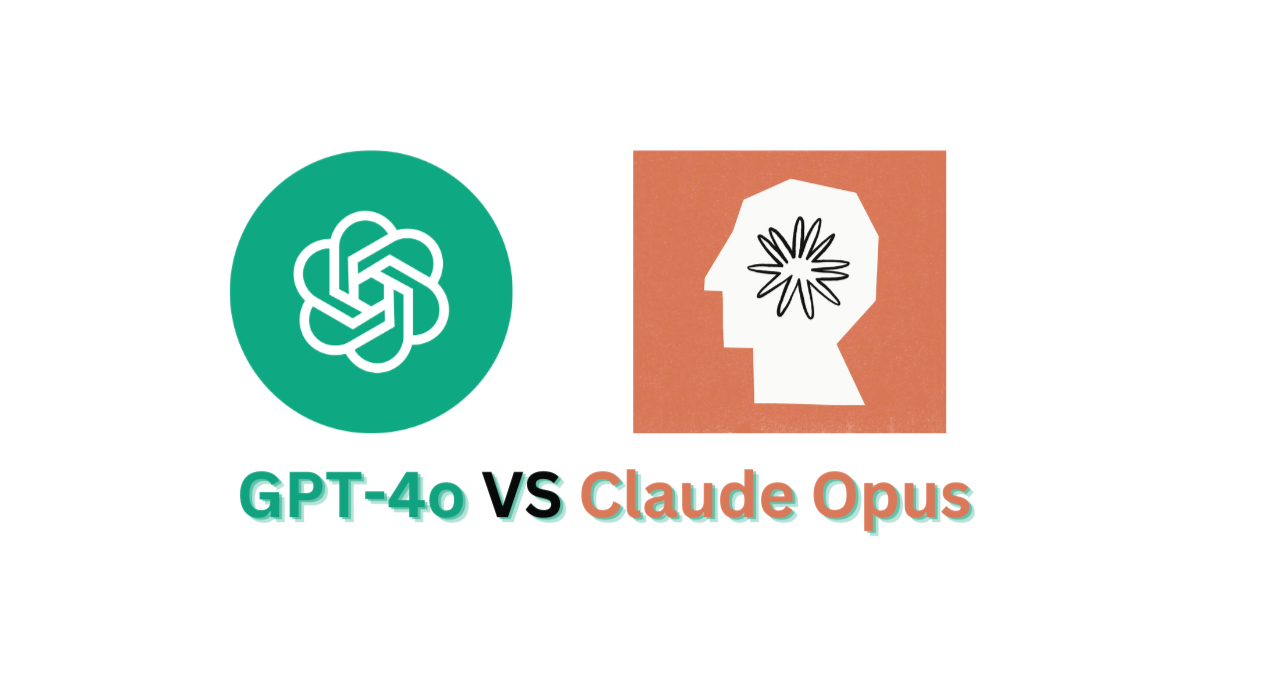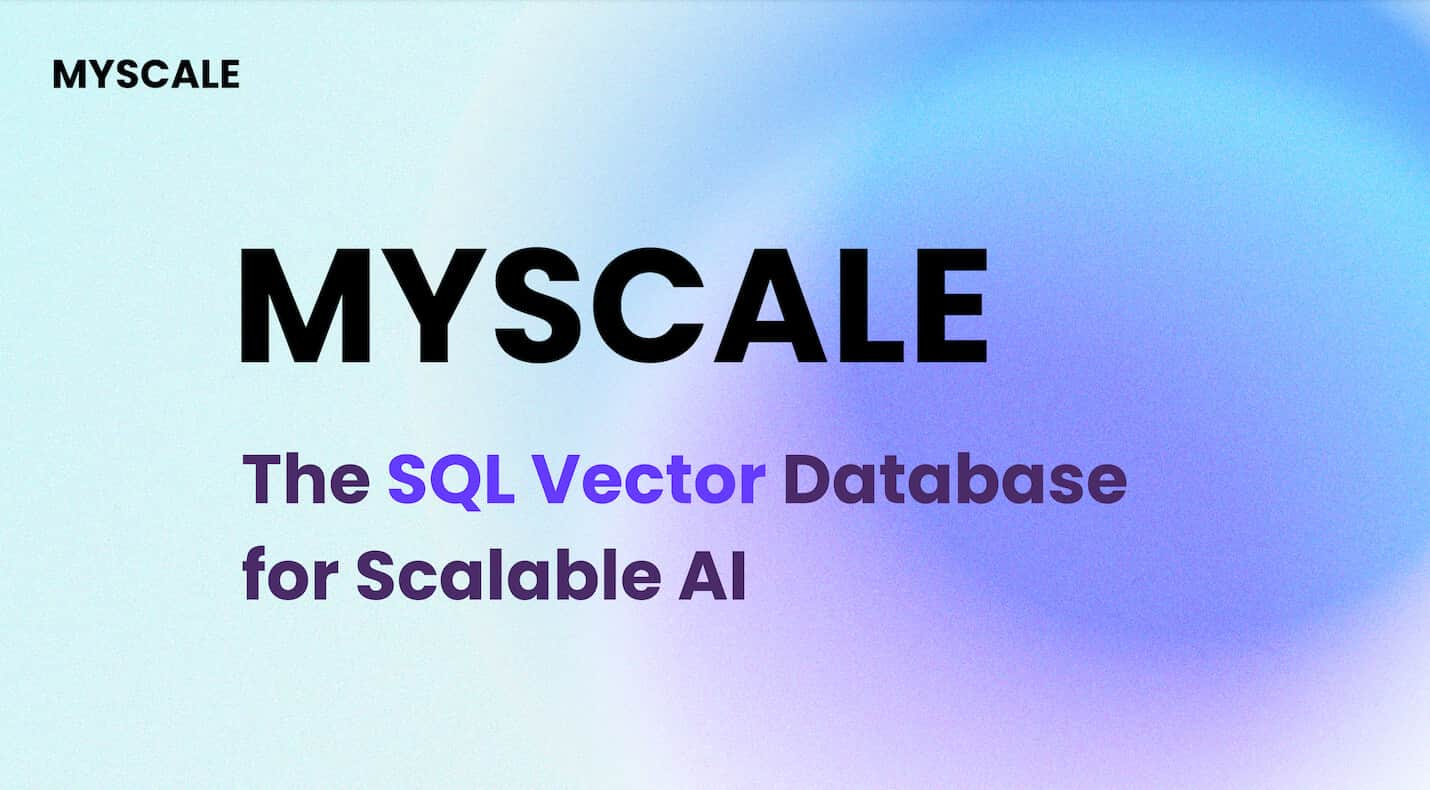
In the realm of AI development, vision serves as the guiding force propelling innovation and progress. The clash between GPT-4o (opens new window) and Claude Opus (opens new window) stands out as a monumental milestone in the annals of artificial intelligence history. This battle signifies a pivotal moment where cutting-edge technologies converge to redefine the future landscape of AI applications.
# GPT-4o vs. Claude Opus: The Vision

# Vision Defined
In the realm of artificial intelligence, the concept of vision transcends mere sight; it embodies the foresight and direction that AI models like GPT-4o and Claude Opus possess. This visionary capacity enables these models to anticipate trends, make informed decisions, and adapt dynamically to changing environments. As such, vision in AI encapsulates not just visual perception but a holistic understanding of data patterns and future implications.
# What We Mean by "Vision"
The term "vision" in AI parlance refers to the overarching strategy and goals that drive model development. For GPT-4o, this entails leveraging massive datasets to enhance language understanding and generation capabilities (opens new window), pushing the boundaries of natural language processing (opens new window). Conversely, Claude Opus's vision centers on fostering human-like interactions through advanced cognitive reasoning and empathetic responses (opens new window).
Related Article: GPT4o vs Gemini (opens new window)
# Why It Matters
The significance of vision lies in its ability to shape the trajectory of AI advancements. A robust vision guides research efforts, influences algorithm design, and ultimately determines the practical applications of AI technologies. By aligning with a clear vision, AI models can achieve breakthroughs in performance, accuracy, and user experience.
# Key Visions Compared
When contrasting GPT-4o's Vision with Claude Opus's Vision, it becomes evident that each model embodies distinct philosophies and objectives. While GPT-4o prioritizes linguistic prowess and contextual comprehension, Claude Opus emphasizes emotional intelligence and nuanced dialogue interpretation.
# In-Depth Comparison
# Technical Capabilities
# Cognitive Processing
When delving into the realm of cognitive processing, Claude Opus emerges as a formidable contender, showcasing unparalleled prowess in handling complex reasoning and coding tasks. Its superior performance (opens new window) in these domains underscores its advanced cognitive capabilities, setting it apart from conventional models like GPT-4. The evidence speaks volumes as Opus consistently outperforms GPT-4 across various benchmarks, demonstrating its exceptional aptitude for tackling intricate problem-solving scenarios.
In contrast, while GPT-4 excels in certain linguistic aspects, Claude Opus's emphasis on practical applications requiring deep cognitive processing gives it a competitive edge (opens new window). Opus's larger context window allows for a more comprehensive understanding of data patterns and nuanced decision-making, making it an ideal choice for tasks demanding sophisticated cognitive abilities.
# Real-Time Applications
The real-time applicability of AI models is crucial for their practical use across various domains. Claude Opus stands out with its robust capabilities, such as powering live customer chats, auto-completion, data extraction, and real-time processing of visual formats like photos and diagrams. This versatility makes Opus a dynamic solution for industries requiring swift and accurate data interpretation
In contrast, while GPT-4 excels in specific areas, its real-time applications are less comprehensive compared to Claude Opus. Benchmarks indicate that Opus outperforms GPT-4 in several real-time processing tasks, showcasing superior efficiency and accuracy in these scenarios
# User Experience
# Human vs. Robotic
In the world of user experience, the difference between a human-like interaction and a robotic exchange is important. Claude Opus stands out because it gives responses that are both accurate and filled with empathy and understanding. This human touch makes Claude unique compared to the more logical and structured replies generated by GPT-4. As a result, Claude provides a more engaging and personalized user experience.
# Empathy and Understanding
Empathy plays a big role in how users interact with AI systems. Claude Opus shines in this area, offering responses that connect on an emotional level and build stronger ties with users. This approach is different from GPT-4's more logical and distant responses, making Claude Opus a better choice for applications needing empathy and deep understanding.
By combining empathy with technical skill, Claude Opus changes the user experience. It offers interactions that are not only effective but also emotionally engaging. This vision for AI development shows the importance of creating AI that can connect with users deeply, beyond just performing tasks.
Related Article: Llama 3 vs Phi 3 (opens new window)
# The Future of AI
As the competition between GPT-4 and Claude Opus continues, the future of AI is filled with exciting possibilities. These leading technologies are not just influencing the present but also setting the stage for significant advancements that will impact many different fields.
# Predictions Based on Vision
# Near-Term Expectations
In the near future, the differing approaches of GPT-4o and Claude Opus are expected to bring significant changes to AI applications. Claude Opus's focus on empathy and cognitive depth will transform customer service, chatbot functionalities, and data analysis. On the other hand, GPT-4o's emphasis on language skills and contextual understanding will improve language processing tools and information retrieval systems.
# Long-Term Possibilities
Looking ahead, the long-term effects of these different approaches are significant. With Claude Opus's user-focused vision, we can expect AI systems that not only perform well but also create real connections with users emotionally. This human-centered approach can greatly impact healthcare diagnostics, mental health support, and personalized learning platforms. On the other hand, GPT-4o's vision might lead to improvements in natural language understanding, automating content creation, and spreading knowledge through various platforms.
# Impact on Society
# Everyday Life
The societal impact of these contrasting visions extends into our daily routines. Imagine a world where Claude Opus's empathetic model powers virtual assistants that provide emotional support during challenging times or educational tools that adapt to individual learning styles with unparalleled sensitivity. Conversely, GPT-4o's linguistic prowess could enhance communication channels, streamline information retrieval processes, and facilitate cross-cultural exchanges with unprecedented ease.
# Professional Fields
In professional domains such as healthcare, education, finance, and entertainment industries,Claude Opus's visionary framework promises to elevate service quality through personalized recommendations based on emotional cues and nuanced insights. On the other hand,GPT-4o's strategic vision may optimize workflow efficiencies by automating repetitive tasks in content creation pipelines or streamlining data analysis procedures for research endeavors.
The Role of MyScaleDB
MyScaleDB (opens new window) plays a critical role in the landscape of AI development. MyScale is a SQL vector database that provides scalable database solutions, forming the backbone for efficient data management and retrieval, essential for the high performance of models like GPT-4o and Claude Opus. By ensuring fast, reliable access to large datasets, MyScaleDB supports the advanced processing and real-time applications that these AI models require.
This robust data infrastructure is key to achieving the vision and goals set by both GPT-4o and Claude Opus, enabling them to deliver superior user experiences and drive innovation in AI. MyScaleDB offers every new user 5 million 768-dimensional vector storage for free. To get started, visit the homepage (opens new window).
# Conclusion
In conclusion, the differences between GPT-4 Omni and Claude Opus tell an important story in the evolution of AI. The importance of vision in choosing the right AI model is very clear. By choosing a model like Claude Opus, users can expect more understanding interactions and advanced thinking abilities. It is important for readers to stay updated on AI advancements to make the most of these models. Stay informed, engage with progress, and watch the future unfold before your eyes.



